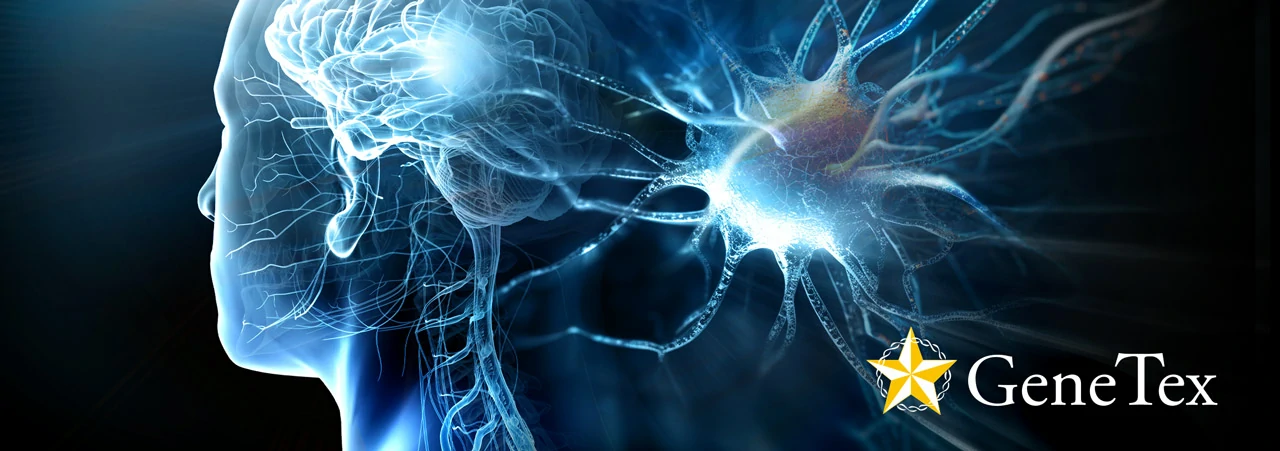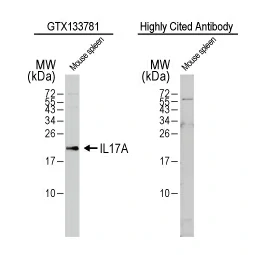Disruption of the C9ORF72 gene by a hexanucleotide repeat is the most common genetic feature noted in patients with amyotrophic lateral sclerosis (ALS) and frontotemporal dementia (FTD). This repeat results in pathological gain-of-function and loss-of-function effects related to the abnormal C9ORF72 expression. Interestingly, the course of ALS/FTD is remarkable for the development of autoimmunity and inflammation that can predate actual neurological compromise. IL-17A, a proinflammatory cytokine associated with other autoimmune disorders, is elevated in ALS/FTD patients. However, little was known about how the C9ORF72 mutation is mechanistically linked to these findings.
Now, in their tour de force study, Limone et al. present a compelling argument linking C9ORF72 to autoimmunity and neuroinflammation in ALS/FTD patients. The authors did a conditional mutagenesis screen that knocked out murine C9orf72 in seven hematopoietic progenitor compartments (1). They found that C9orf72 is crucial in the myeloid line to prevent autoimmune inflammation while also promoting normal longevity. In the lymphoid lineage, C9orf72 contributes to tolerance as well as to suppression of IL-17A production. Elevated expression of the costimulatory factor CD80 was evident in C9orf72-deficient macrophages, monocytes, and microglia, a finding shared with the microglia of C9ORF72-mediated ALS patients. Single-cell sequencing of murine C9orf72-deficient central nervous system and immune tissues revealed induction of genes related to antigen processing/presentation and antiviral immunity in macrophages, microglia, and endothelial cells. The researchers also found that C9ORF72 functions to attenuate trafficking of CD80 to the cell surface in response to inflammatory stimuli, interferon-γ and IL-17A. Functionally, neutralization of IL-17A activity improved motor function and decreased neuroinflammation in mutant mice. In summary, the work of Limone et al. has shed new light on the function of C9ORF72 in neuroinflammation while also identifying IL-17A as a potentially unifying therapeutic target for ALS/FTD.
GeneTex offers an extensive catalog of quality antibodies and reagents for neuroscience research, including the KO-validated C9orf72 antibody [GT779] (GTX632041) cited in the Limone et al. study (see also Laflamme et al., 2019 (2)). In addition, GeneTex wants to introduce its extensively validated recombinant rabbit monoclonal C9orf72 antibody [GT779-RB] (GTX635397). For more information, please see the product images below and visit www.genetex.com.
Highlighted Products
References:
- Sci Transl Med. 2024 Jan 31;16(732):eadg7895. doi: 10.1126/scitranslmed.adg7895.
- Elife. 2019 Oct 15:8:e48363. doi: 10.7554/eLife.48363.

![C9orf72 antibody [GT779] (GTX632041) C9orf72 antibody [GT779] (GTX632041)](/upload/media/MarketingMaterial/Newsletter/2024/W10_ArticleAlert/landingPage_img_255x255_2024_01.webp)
![C9orf72 antibody [GT779-RB] (GTX635397) C9orf72 antibody [GT779-RB] (GTX635397)](/upload/media/MarketingMaterial/Newsletter/2024/W10_ArticleAlert/landingPage_img_255x255_2024_02.webp)
![Iba1 antibody [HL22] (GTX635363) Iba1 antibody [HL22] (GTX635363)](/upload/media/MarketingMaterial/Newsletter/2024/W10_ArticleAlert/landingPage_img_255x255_2024_03.webp)

![Dopamine Receptor D2 antibody [HL1478] (GTX636952) Dopamine Receptor D2 antibody [HL1478] (GTX636952)](/upload/media/MarketingMaterial/Newsletter/2024/W10_ArticleAlert/landingPage_img_255x255_2024_05.webp)
![Glutamine synthetase antibody [HL2283] (GTX638336) Glutamine synthetase antibody [HL2283] (GTX638336)](/upload/media/MarketingMaterial/Newsletter/2024/W10_ArticleAlert/landingPage_img_255x255_2024_06.webp)